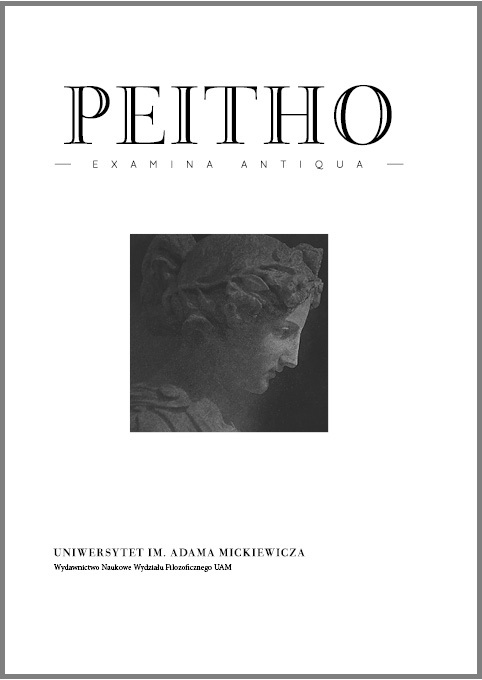Bycie – nie bycie, prawda – fałsz w koncepcji Arystotelesa
Being – Not-Being, Truth – Falsehood in Aristotle’s View
Author(s): Marian Andrzej WesołySubject(s): Epistemology
Published by: Uniwersytet Adama Mickiewicza
Keywords: Aristotle; Being – Not-Being; Categorical predication; Falsity as Contradiction; Truth as non-contradiction; Philosophy as investigation of truth; Truthfulness and Lying;
Summary/Abstract: The basis of Aristotle’s arguments about truth and falsity is formulated syntactically according to the distinctions of ‘to be’ as the predicative affirmation - composition and, correspondingly, ‘not to be’ as negation – separation. As the nominal defining characteristic of falsity is contradiction, so of truth is non-contradiction. The expression of truth or falsity in the declarative sentence of affirmation or negation is a function of thinking as a human cognitive disposition under the semantic figures of categorical predication. In addition, we cite Aristotle’s more important texts on the true intellection of non-composites (indivisibles), the investigation of truth and probability, the diagnosis of falsehood, the truthfulness and lying. Finally, a mention of modern adaptations of Aristotle’s concept of truth.
Journal: Peitho. Examina Antiqua
- Issue Year: 12/2021
- Issue No: 1
- Page Range: 171-196
- Page Count: 26
- Language: Polish

